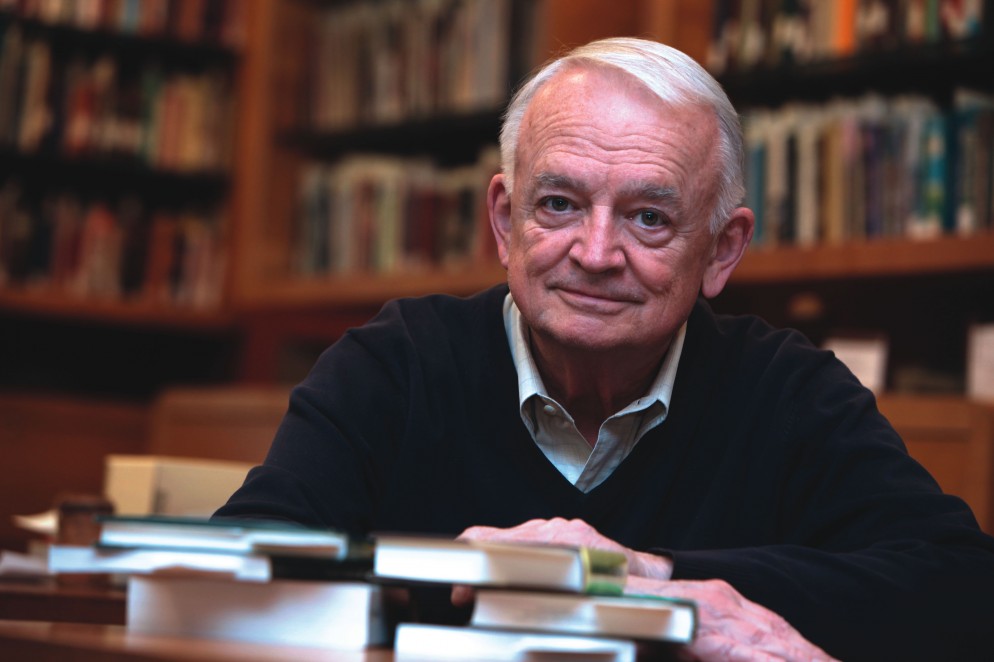The electronic age is upon us, but rumors of the death of print are greatly exaggerated. It is true that more of our resources and our conversations are online. But the continuing production of printed materials is enormous. It is better to say that we are in a period of long transition and the nature of its eventual outcome is not yet clear. In thinking about the future of the library, we must safeguard what we have without posing obstacles to the new opportunities before us.
Colorado College is renowned for its capacity to mediate between the traditions of liberal learning and innovations in teaching and learning. The Block Plan is our symbol of powerful innovation in the structuring of the teaching and learning experience without abandoning the best that has been thought and said.
For some years we have been thinking and planning the next steps for our library. Several years ago a distinguished architectural firm specializing in academic libraries did a careful study of how we use our library and what we would need in renovation. Among the conclusions:
The need for expanded space for printed materials will decline over the next generation, but will not disappear, as we continue to add materials not available online.
Our library holds archival materials documenting the history of the college, the Pikes Peak region, the city of Colorado Springs, and major figures in our community. Tutt also holds comprehensive collections of periodicals and classic works which we have a duty to preserve. Research in original documents and browsing in the stacks are experiences not to be lost. The existing Tutt Library building is well designed for these functions.
Also, our library is heavily used by students (on most nights it is overflowing) as a place to study. Unlike many other colleges, our students want to be in the library. It must continue to be available in new ways for that purpose.
We need to renovate our library by creating a substantial new space that complements the existing building, providing expanded spaces for study, for research, for collaborative learning, and that is state of the art for the electronic age. Among the most exciting prospects is the Center for Immersive Learning and Engaged Teaching to coordinate traditional resources with new opportunities for undergraduate study and research. Through careful programming and creative design we can achieve a 21st century addition which, combined with a refurbished Tutt, will support our spirit of tradition and innovation in an architecturally striking way.
Tim Fuller is professor of political science.
